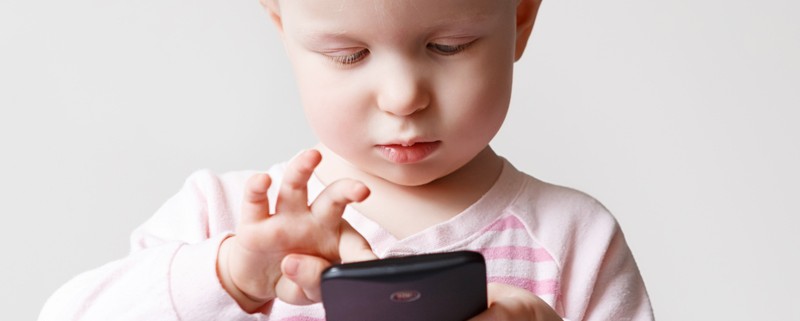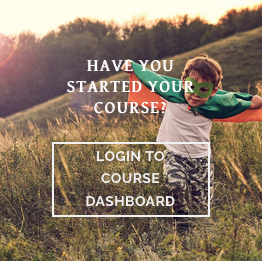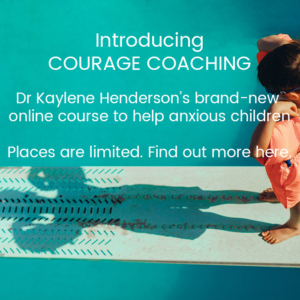Screen Time Recommendations for Infants and Young Children
Media use in preschoolers and school-aged children has been linked in studies to health problems, language delays, attention issues, aggressive behaviour and sleep difficulties. There have been fewer research studies in children under the age of two, but concerns exist about the potential for greater negative effects. Given there are no known benefits of media viewing in this younger age group, paediatricians recommend limiting media exposure, including exposure to background TV, in infants and very young children.
When we do allow children to watch TV or to use our iPads or hand-held devices, there are things we can do to limit the potential for negative effects:
- Make it interactive: Stay with your children so that you can talk about the content and help them make sense of what they’re exposed to.
- Extend their learning: Help your children make connections about what they’re seeing on-screen and what they can find or do in the real world. If they’re watching a show about animals, look for those animals in books afterwards or pretend to be those animals in your play together after the show.
- Be careful with content: Young children are unable to distinguish between on-screen fantasy and reality, so they can easily become frightened by TV content. Turn off the TV if no-one is watching so that it doesn’t distract you or your child during the day and save your adult viewing until your children are in bed.
While it’s helpful to know how to limit the potential for negative effects, it’s also helpful to know of a healthier alternative to screen-time – play. Unstructured playtime is much more valuable for a young child’s developing brain than any electronic media exposure, including exposure to those programs or touchscreen games which are described as educational. It’s important that we set limits on how much and how often our children are allowed screen time, because play is simply better for them.
Dr Kaylene Henderson is passionate about sharing practical, research based advice to help you feel more calm and confident while raising kind, resilient and socially and emotionally healthy children.
And here for the corresponding course series for early childhood professionals, Raising Good Kids: Managing Behaviour and Emotions in Early Childhood Care and Education Settings.




